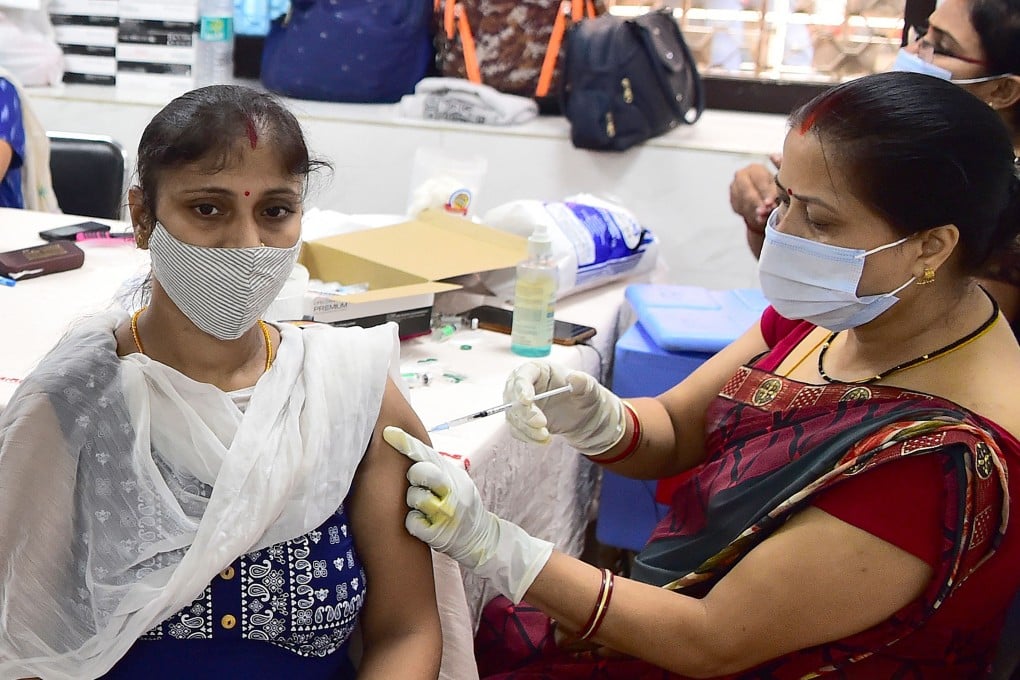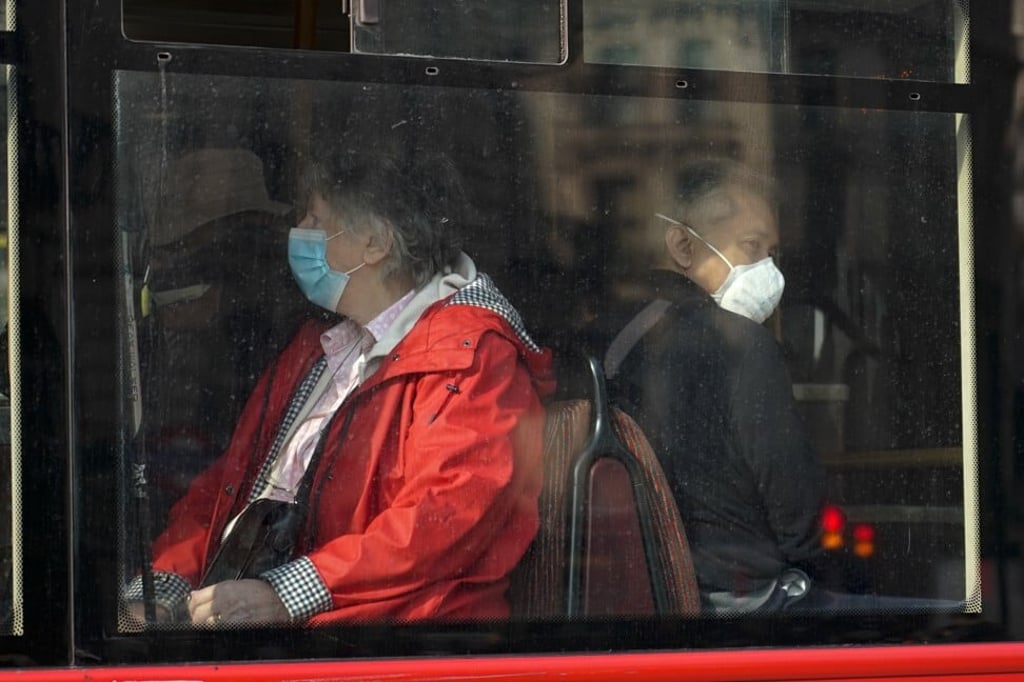Covid-19 Delta subvariant: amid rising concerns in Britain, what was India’s experience like?
- Mutations of the Delta variant have not been more malevolent than the parent
- But the subtype causing concern in Britain is AY.4.2, which has ‘nothing to do’ with India’s experience of Delta Plus variants, says an expert

The country of 1.3 billion people has also grappled with mutations of the Delta variant – broadly referred to as Delta Plus – yet they have proven to be no more unruly or malevolent than its parent that brought the country’s medical system to its knees earlier this year.
Still, experts say India’s experience with mutations of the Delta variant may not necessarily be instructive for Britain. For one, the mutations in India are largely the AY.1 and AY.2 variants. India has had some cases of the AY.4 variant, but the one now causing concern in Britain is the AY.4.2 subtype, which is a combination of AY.4 and the S:Y145H spike mutation.
“In India, the dominant Delta sub-variant is AY.1 and AY.2,” said Dr Anurag Agrawal, director at the CSIR Institute of Genomics and Integrative Biology in New Delhi.
“All of them are Delta, but the Indian experience with AY.1 and AY.2 has nothing to do with the AY.4.2 lineage which is causing concern in the UK right now.”
